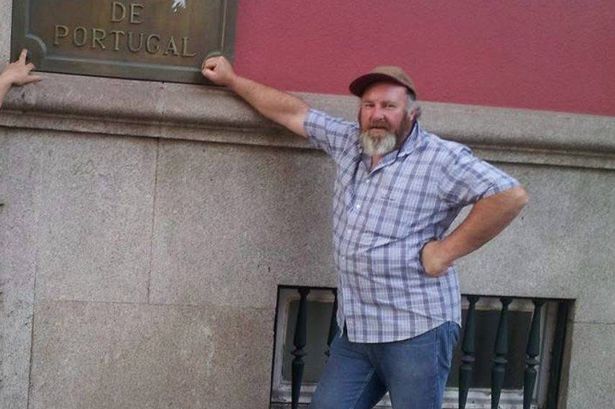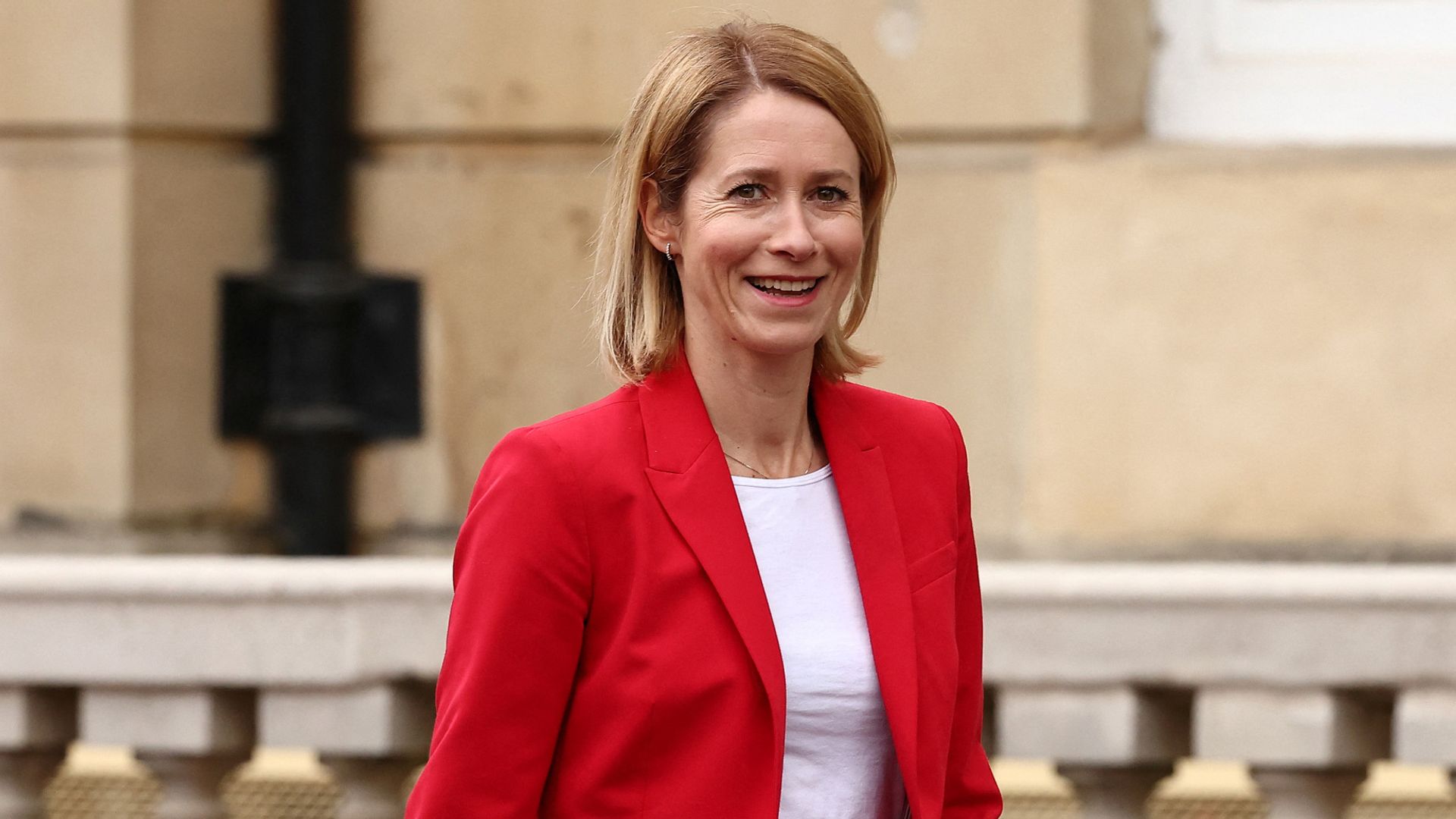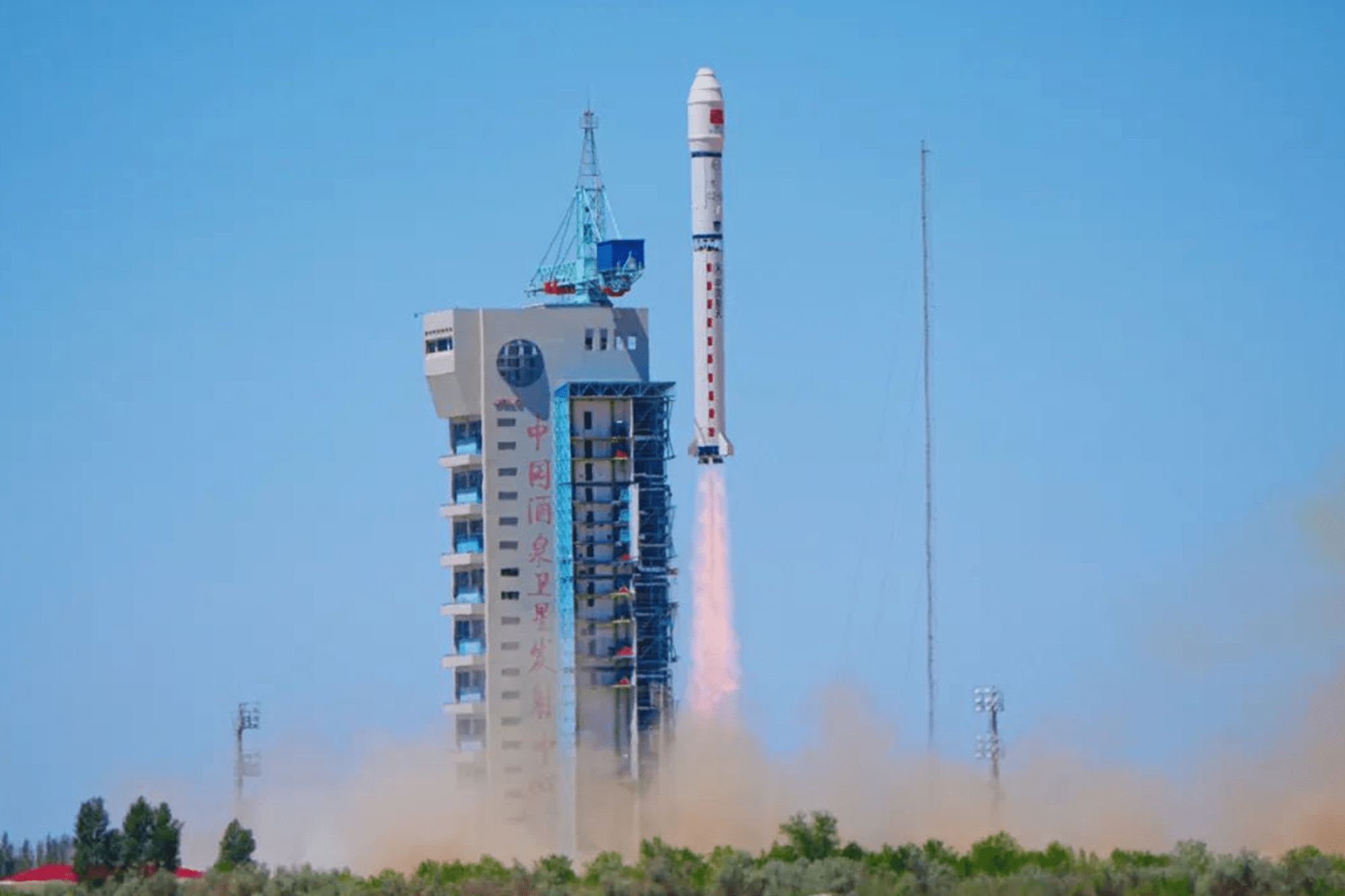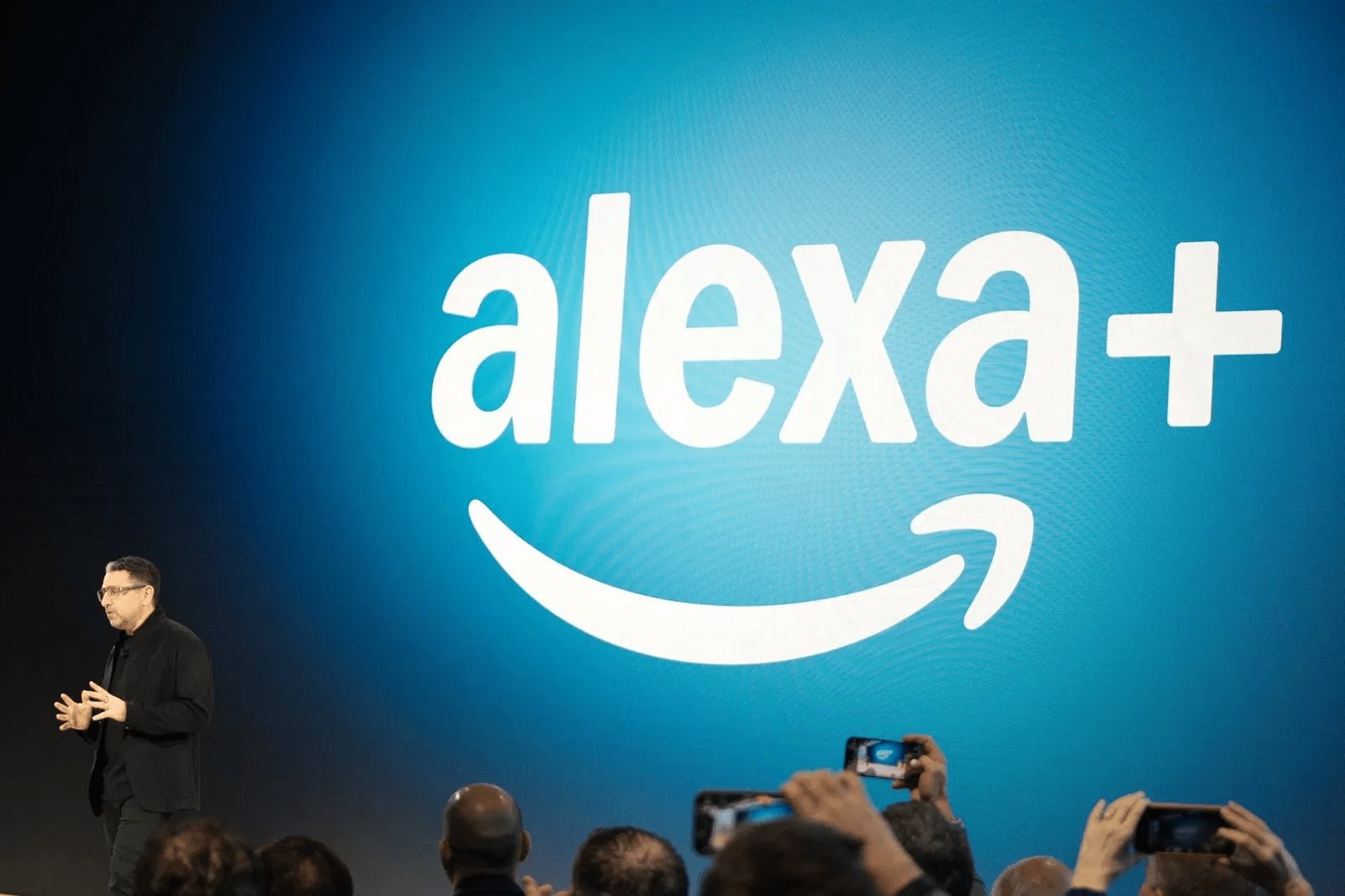Europe marks VE Day with Trump on its mind
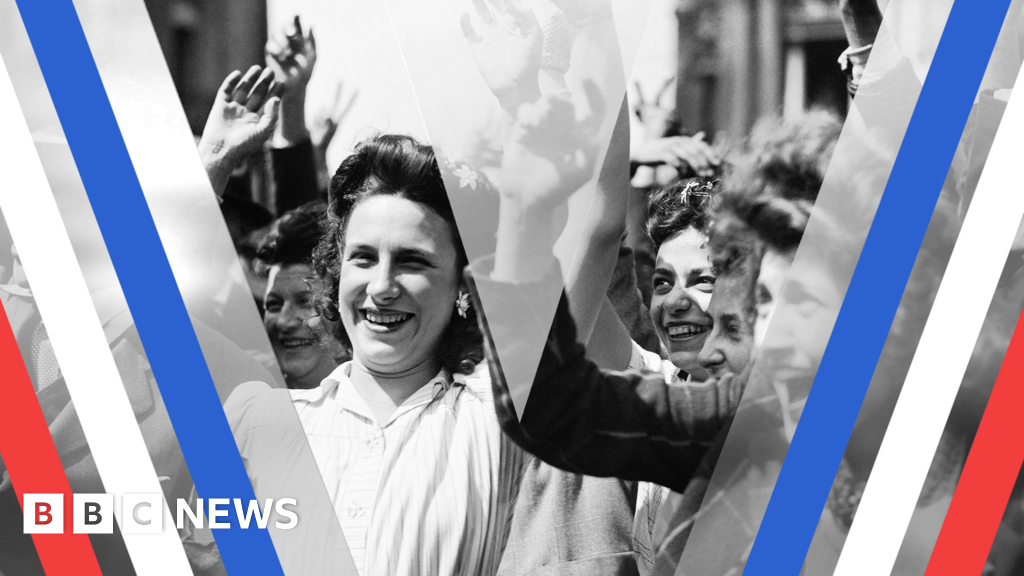
As Europe commemorates the 76th anniversary of VE Day, the Victory in Europe that marked the end of World War II in 1945, a certain disquiet hangs in the air. The reason for this unease, in part, is the specter of former U.S. President Donald Trump, who looms large in the minds of many European leaders. This report from the BBC’s Katya Adler delves into the ramifications of Europe’s shifting alliances and the challenges it faces in a world that seems increasingly distant from the unity represented by VE Day.
During his tenure, Trump was renowned for his skepticism towards the North Atlantic Treaty Organization, a cornerstone of Western security since its inception in 1949. His criticism of European NATO members for failing to meet defense spending targets was a stark departure from previous U.S. presidents’ approach, and it spurred many Europeans to question the durability of the transatlantic alliance.
With Trump considering another run for presidency in 2024, the fear is palpable that the transatlantic relationship, long the bedrock of global security, could be upended once again.
The Trump era marked a shift towards a more transactional relationship between Europe and the U.S., moving away from the tradition of shared democratic values. His “America First” policy and disregard for multilateralism were a stark contrast to the post-VE Day world order, in which the United States played a leading role in establishing global institutions and norms.
The implications of this shift are significant. Europe finds itself grappling with the possibility of a world where American commitment to its defense is no longer a given. The question that European leaders are wrestling with is how to respond.
One option is to forge a more robust European defense identity, independent of the United States. French President Emmanuel Macron has championed the idea of “strategic autonomy” for Europe, arguing that the continent needs to take more responsibility for its own security. However, this idea is met with skepticism by many, particularly in Eastern Europe, where faith in U.S. protection remains strong.
Another response is to cultivate relations with new partners. Europe has been deepening its ties with democratic nations in the Indo-Pacific, such as Japan and Australia, as a counterbalance to the rising influence of China. But there are limits to what these partnerships can achieve, especially in the security realm.
There is also an approach to double down on the transatlantic relationship, with the hope that the Biden administration’s commitment to rebuild alliances is not just a fleeting moment, but a lasting shift. This strategy, however, is fraught with uncertainty, given the potential for another Trump presidency.
Europe’s conundrum reflects a broader challenge facing the liberal world order that VE Day symbolized. The institutions and norms established in the wake of World War II, with the U.S. and Europe at their core, are being tested in a world where power is more diffuse and authoritarianism is on the rise.
The task for Europe, as it marks VE Day, is not just to remember the past, but to navigate the future. The continent finds itself at a crossroads, needing to balance the desire to maintain its historic alliances with the need to prepare for a world that may look very different.
As the celebrations of VE Day continue, with the solemnity of ceremonies and the joy of liberation from tyranny, Europe’s leaders would do well to remember the lessons of history. The unity and cooperation that helped end World War II are just as vital in the face of today’s global challenges.
Trump’s shadow over the festivities is a reminder that history is not static, but a dynamic process shaped by the decisions of leaders. As Europe marks this historic day, it must also grapple with its place in a world that is changing, and decide how it will shape the course of history in the years to come.
In a sense, the ghost of Trump is a call to action for Europe: a reminder that alliances are not given, but must be actively maintained; that democracy is not inevitable, but must be defended; and that the spirit of VE Day – the spirit of unity in the face of adversity – is not a relic of the past, but a beacon for the future.



